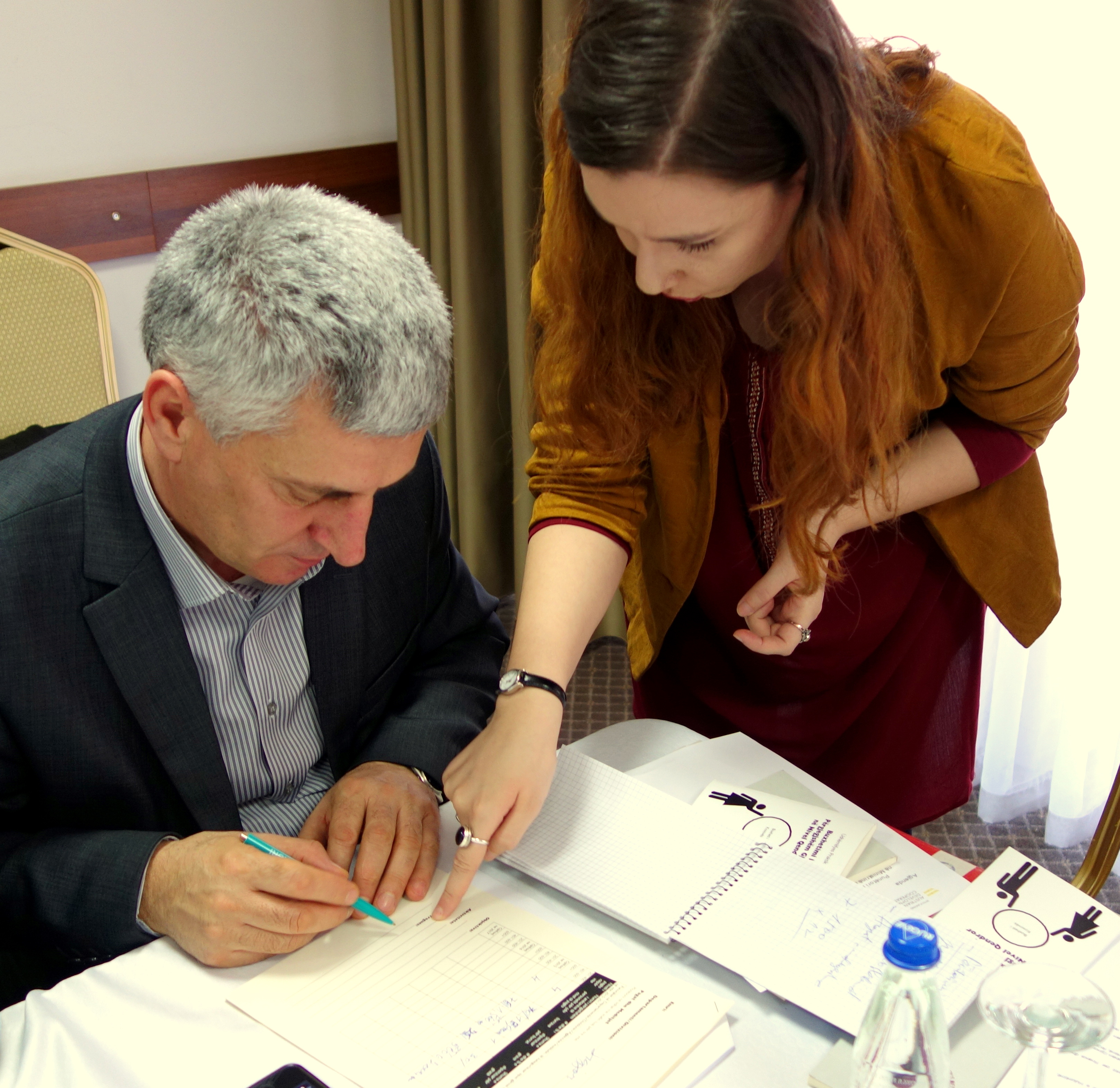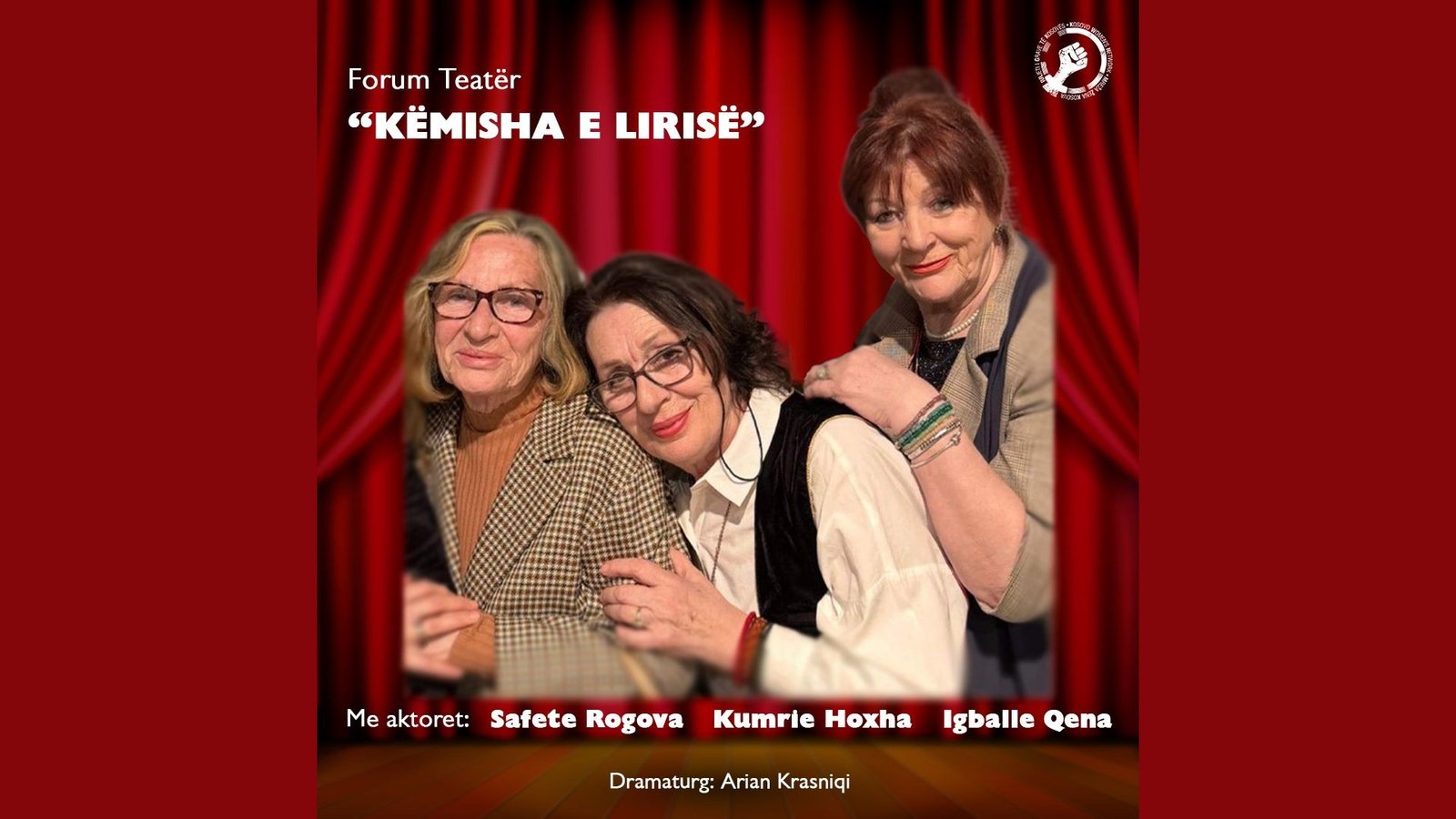The Ministry of Agriculture, Forestry and Rural Development (MAFRD) has started the processes of institutionalizing Gender Responsive Budgeting (GRB) towards a more transparent and responsive way of budgeting and spending public money by integrating a gender perspective in these processes.
In its basic sense, GRB foresees the integration of a gender perspective in all phases of planning, execution, monitoring and evaluation of budget documents, making this process more transparent and equal for all citizens. Based on the fact that the Ministry of Finance, through its Budgets Circulars, and the Law on Gender Equality 05/L-020 oblige budget organizations to institutionalize GRB, the Kosovo Women’s Network (KWN) started its collaboration with MAFRD by providing assistance in doing so.
On the 16th of February, KWN together with MAFRD organized a workshop on the basic GRB concepts as a first step towards collaborating with this Ministry.
Fëllanza Balaj Kurtishaj, Head of the Department of Finance and General Services, in her opening remarks expressed that: “We are obliged by the new Law on Gender Equality to implement gender responsive budgeting. We are grateful for the assistance that KWN is willing to offer”.
Nicole Farnsworth, Program Manager and Lead Researcher at KWN explained: “Gender responsive budgeting does not require extra budget, it also doesn’t mean that budgets should be spent 50/50 among women and men, nor is it only about budgeting for women. Implementing GRB means reducing inequalities, increasing the effectiveness of the division of funds, improving reporting to the Ministry of Finance and economic growth, prosperity and development”. The second part of the workshop was planned for practical exercises in applying the acquired knowledge on gender analysis of the economic categories ‘wages and salaries’ and ‘subventions and transfers’ and in policies related to their Ministry.
During this exercise it became clear that the heads of departments and other officials of this Ministry have already taken the first step towards institutionalizing GRB by collecting gender disaggregated data regularly for their respective departments.
“Very few women have benefitted from the subventions programs of the Ministry of Agriculture, Forestry and Rural Development,” concluded Bahrije Simnica, Head of the Division of Budget and Finance.
The discussions and interactive participation of the officials during the second part of the workshop gave way for hope that the work that this Ministry will do in the future will lead to a decrease in existing inequalities. KWN will continue offering technical support to the different departments and divisions during the coming week in order for the ideas that were brought up during the workshop to be realised.
This project is financed by Austrian Development Agency (ADA).





